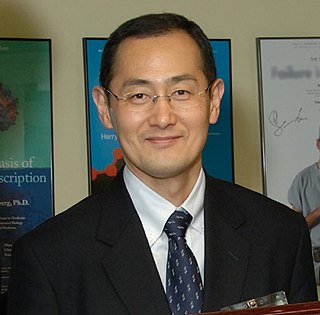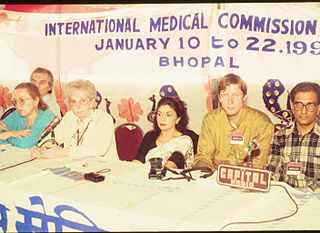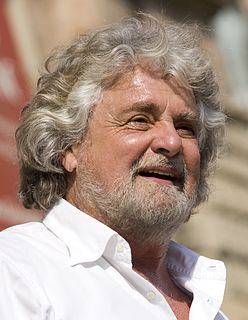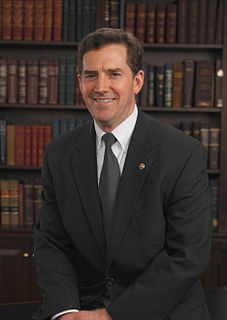A Quote by Steven Weinberg
If there is no solace in the fruits of our research, there is at least some consolation in the research itself. Men and women are not content to comfort themselves with tales of gods and giants, or to confine their thoughts to the daily affairs of life; they also build telescopes and satellites and accelerators and sit at their desks for endless hours working out the meaning of the data they gather.
Related Quotes
Men create their own gods and thus have some slight understanding that they are self-fabricated. Women are much more susceptible, because they are completely oppressed by men; they take men at their word and believe in the gods that men have made up. The situation of women, their culture, makes them kneel more often before the gods that have been created by men than men themselves do, who know what they've done. To this extent, women will be more fanatical, whether it is for fascism or for totalitarianism.
Wars results in immediate deaths and destruction, but the environmental consequences can last hundreds, often thousands of years. And it is not just war itself that undermines our life support system, but also the research and development, military exercises and general preparations for battle that are carried out on a daily basis in most parts of the world. The majority of this pre-war activity takes place without the benefit of civilian scrutiny and therefore we are unaware of some of what is being done to our environment in the name of 'security.
I look forward to working closely with the Research Councils, Innovate UK, and Higher Education Funding Council for England (HEFCE), as we work together to create UKRI. I also look forward to working closely with all of our research and innovation communities to provide a strong and coherent voice for U.K. science and innovation.




































